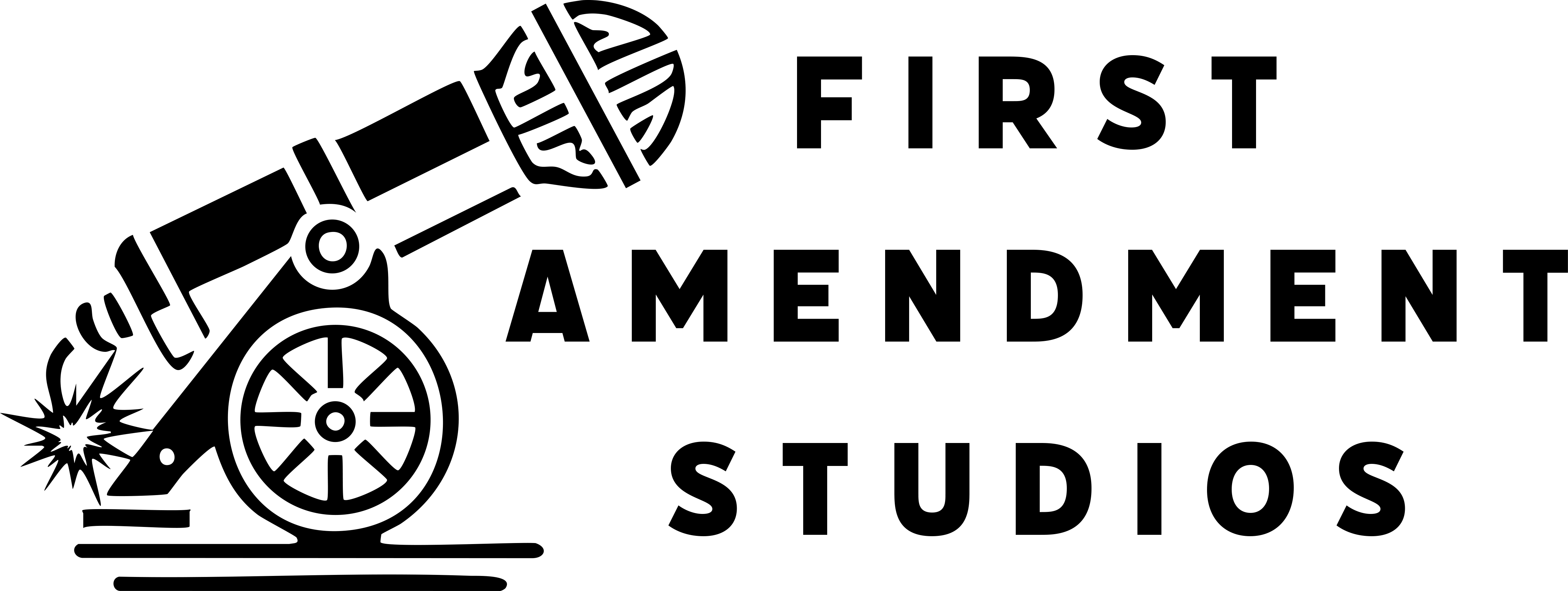Your cart is currently empty!
This principle—the Right to Self-Defense of Autonomy—is one of the most ethically loaded and dangerous if misunderstood or misused. It asks us to reckon with what we’re allowed to do when our boundaries are crossed—and where the line lies between defense and retaliation.
Here are the hardest and most important questions this principle demands we face:
⚖️ Core Ethical Question:
What qualifies as a proportionate and non-violative response when your autonomy is under attack—especially in a world where power is uneven and harm is often invisible?
This leads directly to hard debates around:
-
Psychological abuse
-
Institutional oppression
-
Digital violations
-
Self-defense in cases of coercion or manipulation
🔥 Foundational Challenges:
-
Who determines what is “proportionate” when the violation is subjective or psychological?
-
If someone manipulates you into a trauma response, can you shout at them or expose them?
-
If an institution invades your data or body, what power do you have to fight back?
-
Is “canceling” someone ever a legitimate act of defense?
-
-
What does “non-violative” mean when power itself can be a form of violence?
-
Is exposing someone’s abuse a violation of their privacy?
-
Is economic pressure a valid tool of autonomy defense (e.g., boycotting an employer or doxxing a landlord)?
-
What if someone’s autonomy depends on limiting yours (e.g., shared custody, guardianship)?
-
-
When is it ethical to use force to defend your autonomy?
-
Physical self-defense is easy to justify—but what about property damage during protests?
-
Is sabotage ever an ethical act of resistance?
-
What about civil disobedience that inconveniences or disrupts public systems?
-
-
Does autonomy defense apply to digital or ideological spaces?
-
Is deleting someone’s comments a defense of your digital autonomy—or censorship?
-
Is AI impersonation a violation of your mental sovereignty, and how can you respond?
-
Can a person reclaim narrative control over their identity after public shaming or misrepresentation?
-

